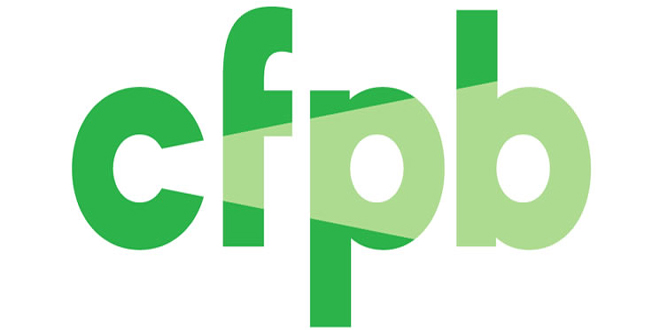The Consumer Financial Protection Bureau today issued its Section 1033 final rule, which deals with personal financial data rights.
The rule will require financial institutions, credit card issuers and other financial providers to unlock an individual’s personal financial data and transfer it to another provider at the consumer’s request for free. The CFPB believes it will allow consumers to more easily switch to providers with superior rates and services. By fueling competition and consumer choice, the CFPB hopes the rule will help lower prices on loans and improve customer service across payments, credit and banking markets.
The American Bankers Association’s president and CEO, Rob Nichols, released a statement on the rule earlier this morning. While Nichols agrees consumers should have better access to their financial data, he decried the process in forming this rule that left many things unaddressed.
“Privacy and security around consumers’ personal financial information are core bank values, and ABA and America’s banks share the CFPB’s goal of bringing consistency to the consumer-permissioned data sharing ecosystem. ABA has been deeply engaged in a 10-year conversation with the Bureau and other stakeholders to ensure customers have access to their financial data in a safe and secure way. We appreciate the extent to which today’s final rule acknowledges and incorporates the efforts of industry-led bodies, which have worked hard to lay the technical and operational foundation necessary to streamline sharing among banks, data aggregators and fintechs.
“Unfortunately, what began two administrations ago as a collaborative exercise in securing consumers’ personal financial data has devolved into a press-release driven, political exercise based on the false premise that consumers lack choices and a misunderstanding of whether Dodd-Frank grants CFPB the authority to radically reshape the financial services marketplace. While we are still evaluating the details of the final rule, it is clear that our longstanding concerns about scope, liability, and cost remain largely unaddressed. This is disappointing after so many years of good-faith efforts by parties on all sides to improve consumer outcomes.
“Surveys consistently show that Americans trust banks more than any other industry to protect their data, and America’s banks remain committed to that mission. At the same time, our industry remains committed to responsible innovation, and the last thing we need is a rulemaking that puts both at risk.”
 Oklahoma Bankers Association We make bankers better!
Oklahoma Bankers Association We make bankers better!

